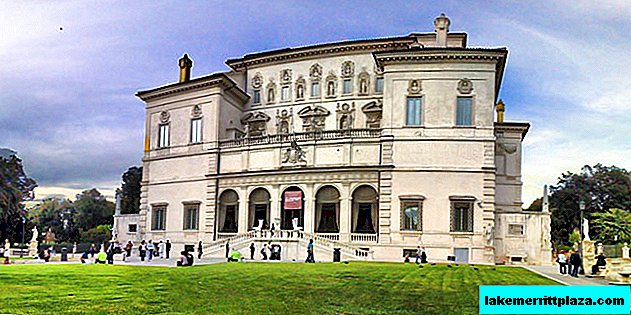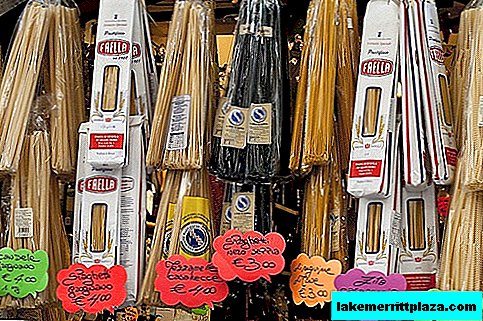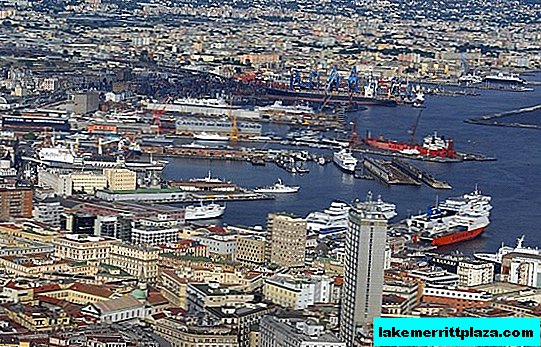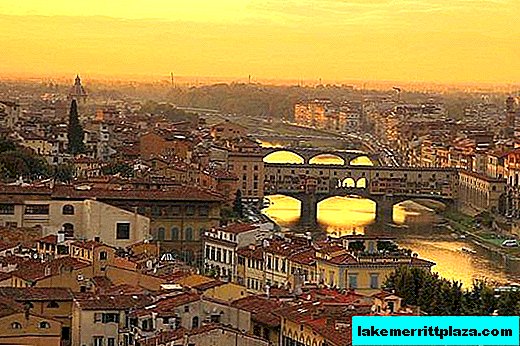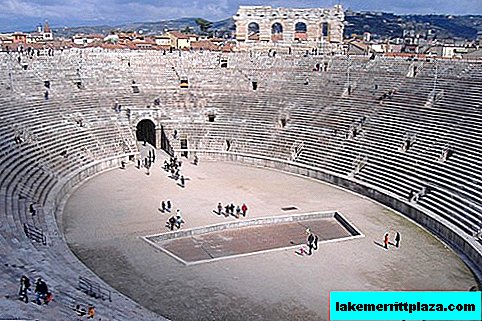Sixty-four politicians representing the Lombardia Regional Council, one of the richest regions in the country, were charged with wasting about 2.14 million euros in the budget, which went to buy expensive wine and caviar.
Another scandal erupted again over the heads of Italian politicians. Investigators from Milan found that between 2008 and 2011, officials, most of whom belonged to the Silvio Berlusconi party, spent a huge amount of money on fancy food, 70 percent of which they should return to the state. So, politicians regularly visited expensive restaurants, held luxurious banquets and purchased wine worth 1,094 euros per bottle.

The investigation of this case began in early March, at the same time officials were charged with squandering the state treasury. Among the politicians who were at the very center of the scandal, there were 31 members of the People of Freedom party (Il Popolo della Libertà), 23 from the League of the North (Lega Nord), 5 from the Democratic Party (Partito Democratico), and also representatives of other parties in the country. Investigators also named the spenders, among whom was the name Gianmarco Quadrini, the regional representative of the People of Freedom, who allegedly spent more than two thousand euros on the purchase of red caviar and quality wine in honor of the 2008 celebration. At the same time, Giangiacomo Longoni, a member of the League of the North, held two banquets that cost the state five thousand euros each.
Needless to say, the results of the investigation did not surprise investigators: scandals with politicians in Italy are not uncommon. In early March, another “piquant” story surfaced related to officials and their embezzlement.
At that time, politicians from the city of Bolzano came under fire, who spent some funds from the treasury to purchase items from a sex shop.
In October 2013, investigators found that members of Parliament “pocketed” a certain amount for hospitality expenses, which included buying cheese and sausages. Even earlier, Sicilian officials fell into the center of a similar scandal, who could not resist stylish and fashionable clothes and jewelry, having spent about 10 million euros from the budget on them.

In fact, the desire of Italian politicians to get into state reserves is not dictated by low salaries. So, in 2013 it was found that Italian officials, and in particular members of the Italian parliament, receive almost more than all European politicians. Pablo Oñate, professor at Charles III University of Madrid, found that Italy, Germany, Portugal, Spain, Sweden, and the United Kingdom had the highest payouts. For example, a representative of the German parliament receives about 7,700 euros per month plus up to 4 thousand euros for overtime work. Taking into account Italy’s GDP, the scientist calculated that members of the Italian parliament receive about twice as much as their German counterparts.



